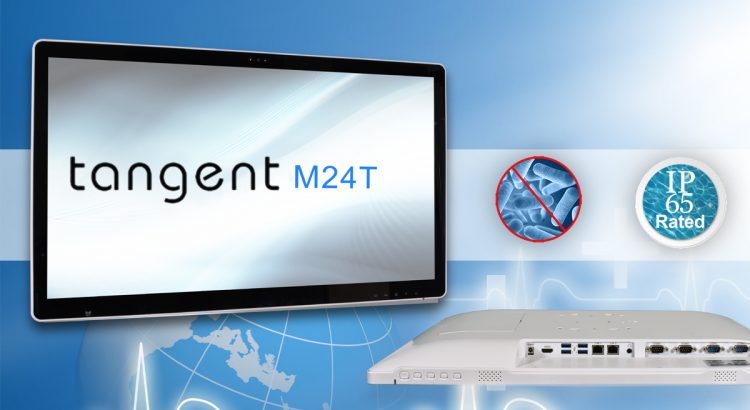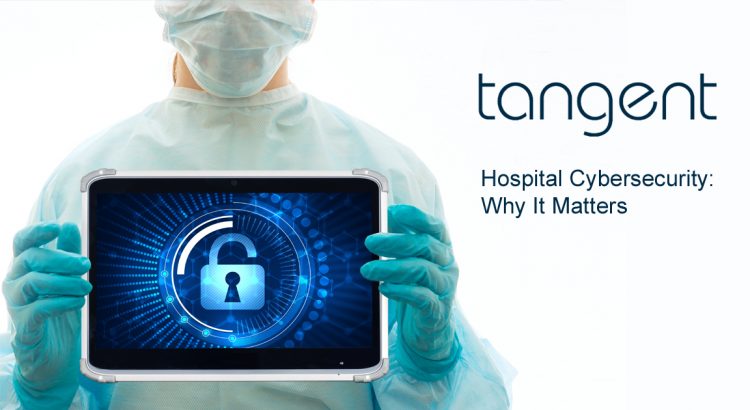Hospitals have come to rely heavily on their medical computer infrastructure. Everything from billing information to patient medical histories are stored on digital devices. These devices have made the task of record keeping much easier for your workers. But they also make it much easier for criminals to access sensitive information. Hackers have taken to […]
Tag: ransomware

How Can Hospitals Combat Hackers During This Pandemic?
Each and every day, hackers try their best to take down cybersecurity systems around the world, and those of hospitals are no exception. The New York Times has reported that Russian hackers have attempted to steal information on possible vaccines from the U.S. last week. In addition, over 140 high profile figures had their twitter […]
